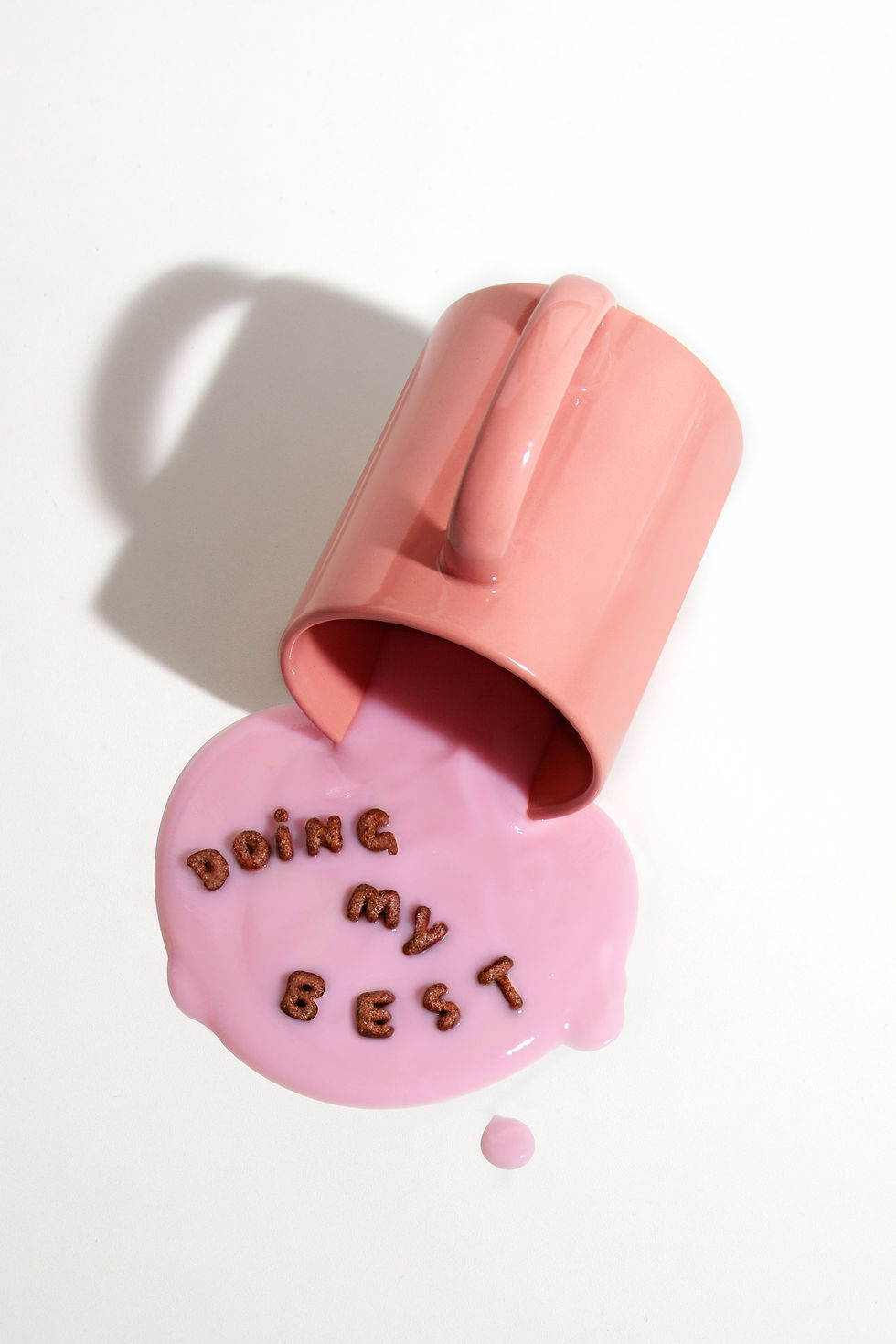Understanding your Menstrual Cycle
- LP
- Oct 3, 2022
- 2 min read
Updated: Oct 4, 2022

How well do you know your menstrual cycle?
On average, the menstrual cycle lasts between 28 and 35 days and occurs in order to prepare a woman's body for pregnancy.
It has two phases called the Follicular Phase and the Luteal Phase, and is controlled by hormones such as luteinizing hormone (LH), follicle-stimulating hormone (FSH), oestrogen and progesterone.
Let’s find out more!
Phase 1 - The Follicular Phase - may last from 14 to 21 days
This phase starts on the first day of your menstrual flow/period (i.e. bleeding which lasts between 3-8 days - it may differ from one person to another). This phase includes the menstrual flow and ovulation too!
But why is it called the “follicular phase"?
This is because at this stage your ovarian follicles (i.e. the sacs inside the ovaries which contain fluid and an immature egg on each sac) start to grow. This process occurs with the help of the FSH hormone that is released by the pituitary gland.
The dominant follicle starts to grow and therefore produces high levels of oestrogen which makes the lining of the uterus thicken (i.e. preparing the embryo for implantation if fertilisation was to occur).
High levels of oestrogen will also make the pituitary gland release another hormone called LH which helps with the release of the mature egg from the dominant follicle (a process called ovulation).
The fertile window is considered to be from the 3rd day prior to the ovulation through to the day of ovulation.
Phase 2 - The Luteal Phase - may last about 14 days
This second phase occurs right after ovulation. At this stage, the follicle that released the egg will become an endocrine organ called corpus luteum. The corpus luteum will now release another hormone called progesterone which helps thicken and maintain the lining of the uterus, a process that will promote embryo implantation and will also help maintain early pregnancy.
If fertilisation does not occur, then the lining of the uterus together with mucus and blood will be eliminated from the body as menstrual flow (i.e. next menstruation occurs).
As the hormone oestrogen and progesterone level change/fluctuate during the menstrual cycle, this can cause you menstrual symptoms such as:
Mood swings
Irritability
Breast tenderness
Acne
Feeling bloated
Greasy hair
It is better to seek medical advice if:
Your period becomes heavier
Symptoms are too painful, they affect your day-to-day routine
Bleeding occurs between periods
Periods last longer (i.e. more than 8 days)
Periods come too early (i.e. come less than 21 days)
Period patterns changed
Bleeding after sexual contact occurs
Sources:
.png)



Comments